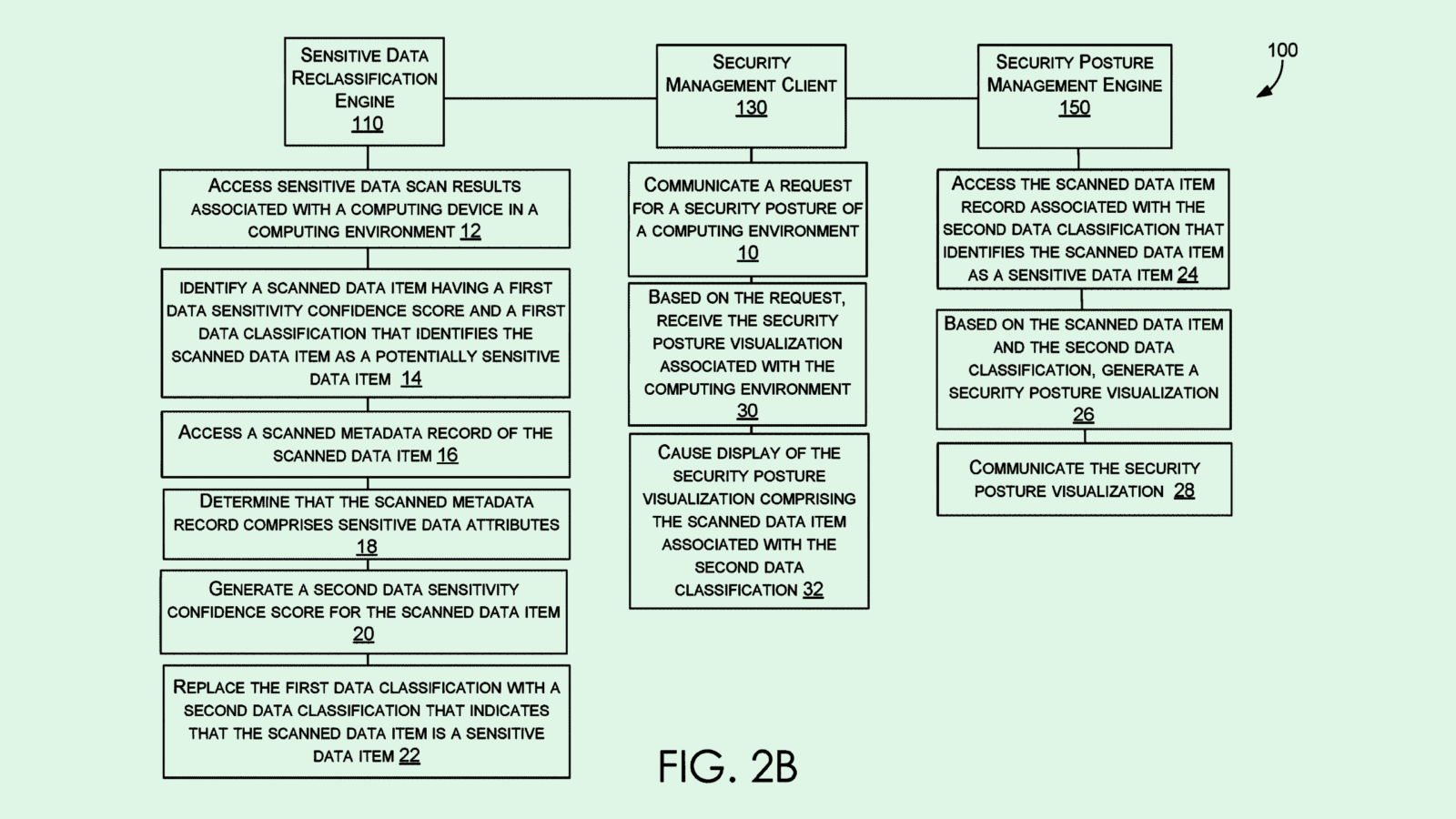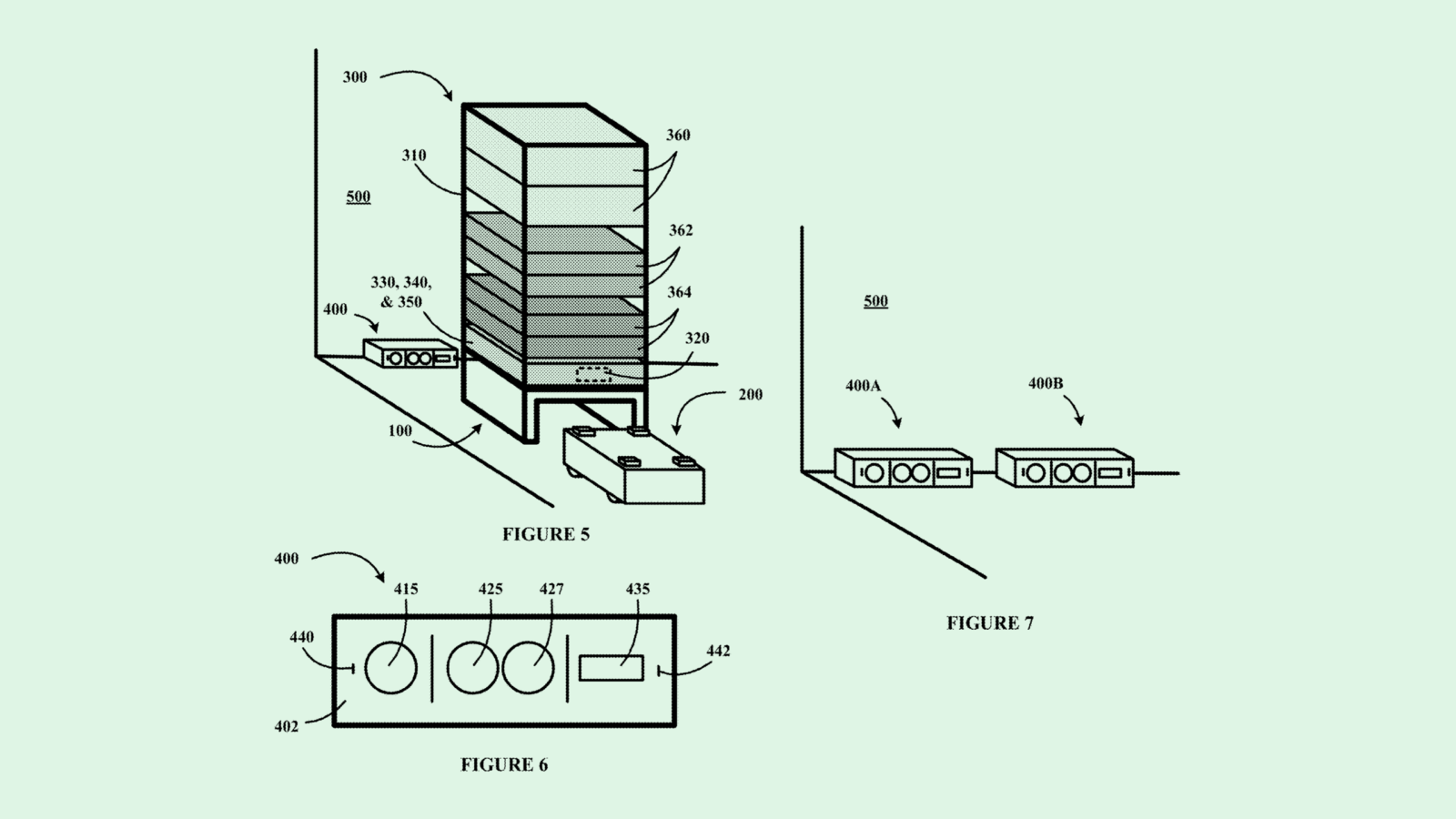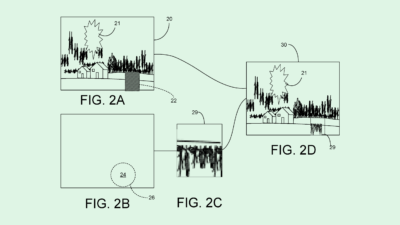Electronic Arts’ Patent Highlights Risks and Rewards of AI in Game Development
Though generative AI could make game development faster and easier, the industry is divided on where AI fits into the picture.

Sign up to uncover the latest in emerging technology.
While the gaming industry considers how to put AI to use, Electronic Arts might be considering it for play testing.
The video game maker is seeking to patent “playtesting coverage with curiosity driven reinforcement learning agents.” EA’s tech essentially aims to make sure that no stone is left unturned before a game is released in the wild.
“As video games grow in size and complexity it becomes more challenging to ensure they are optimally tested and validated,” EA said in the filing. “Automated learning agents often leave some aspects of video games untested.”
EA’s system uses what it calls “curiosity agents” to explore uncharted areas within video games. These AI-based curiosity agents use reinforcement learning — an AI training technique that rewards models for making certain decisions — to encourage exploration of new territory within a game.
These agents would begin exploration at a designated “spawn point,” and work their way through the game’s map until reaching an “exploration threshold.” Then, they are respawned into an unexplored area. The model stores data about positions and routes the agent takes during exploration, and tracks when they get stuck.
This process ensures games are thoroughly tested, and roots out any potential bugs that may be missed by human testers or traditional AI agents.
EA’s patent represents one of many ways that AI can speed up game development, said Kaveh Vahdat, founder and CEO of AI game development company RiseAngle. This tech can help accelerate processes like testing, ideation, concept design, and game mechanics, he said.
This tech can also make it easier for small game studios and development teams to compete with larger organizations, he said, cutting down costs and potentially leaving more budget for better marketing. “You may spend hundreds of thousands of dollars in game development budget for a small game, but you still need millions of dollars in budget for marketing,” he said.
For players, AI can also add in a personalization element that makes games more engaging and adapts to their behavior “on the fly,” said Vahdat.
EA has been publicly supportive of AI, with CEO Andrew Wilson saying at a conference in March that around 60% of its “development processes” could be impacted by generative AI tools, and that the company is “embracing [it] deeply.”
“We think about it in three core vectors: efficiency, expansion, and transformation,” Wilson said at the time. “We see a real embrace happening inside of our company around these things that can help them get to greatness much more quickly.”
Like any use case for AI, it has its “blind spots,” said Vahdat. AI models are often subject to hallucination, inaccuracies, and bias that can grow if left unchecked. Until science has surpassed those barriers, Vahdat said, a human needs to be in the loop.
However, the game industry is divided on where AI fits in at all. Video game performers authorized a strike under SAG-AFTRA in recent weeks, calling for protections against studios using AI to replicate voices and likenesses. Duncan Crabtree-Ireland, the executive director of SAG-AFTRA, told The Hollywood Reporter earlier this month that without AI protections, performers’ “ability to make a living in this business can be jeopardized within the term of this contract.”
Additionally, EA’s patent in particular could impact quality assurance testers — a group that has experienced several rounds of layoffs at the company in the past year and a half.











